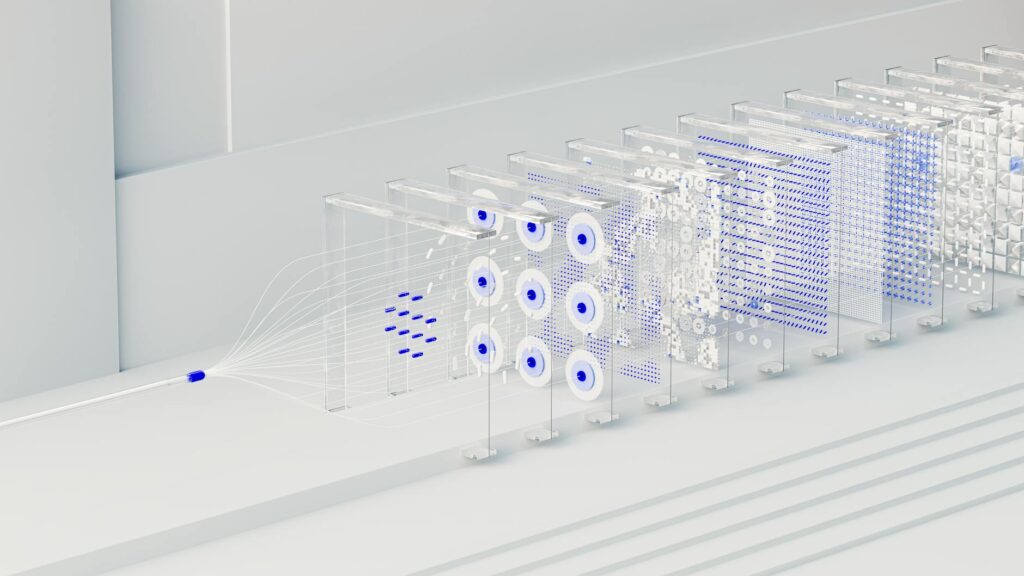THE acacia experience
Academics
UTCP Courses
UTCP is a five-course curriculum typically completed over four semesters. It features multidisciplinary, active small-group learning
and develops analytical thinking, communication, and problem-solving skills.


This course examines the risks and the role of governance in the use of AI, with a particular focus on Singapore’s approach to balancing technological advancement with ethical and regulatory concerns. Students will explore key AI safety challenges, including lack of transparency, bias, privacy vulnerabilities, cybersecurity threats, autonomous weaponisation, goal misalignment, and overreliance. Through inter-disciplinary perspectives, governance frameworks, and technical approaches to AI safety, students will critically assess trade-offs in policy decisions. Case studies will provide insights into aligning AI with human values, thereby allowing students to develop responsible AI strategies and contribute meaningfully to ethical AI deployment in Singapore and beyond.

With Artificial Intelligence (AI) increasingly shaping the world, understanding computational thinking and reasoning is becoming more essential. This course aims to empower students with the ability to model thought processes using computational thinking and reasoning methods. By combining theoretical discussions with hands-on problem-solving exercises, the course encourages critical reflection on how machines simulate human reasoning. Students will learn fundamental concepts in symbolic logic and computational models of thought through an easy-to-learn declarative language, and examples from their respective disciplines. The course is suitable for students from the arts, humanities, social sciences, business, law, medicine, and related disciplines.

This course introduces students to the fundamental computing concepts and programming skills to enhance their problem-solving ability. Ultimately, students will learn how to design solutions that incorporate basic Artificial Intelligence (AI) and implement these solutions using an imperative programming language. This course is equivalent to CS1010X Programming Methodology, as it offers a gradual but critical progression from computational thinking, fundamental programming constructs, coding, to testing and debugging. Upon mastery, students will apply computing fundamentals to solve diverse problems, including AI-related challenges such as planning and learning. The course is suitable for students from computing, engineering and related disciplines.

This course examines Machine Learning (ML) and Artificial Intelligence (AI) within the context of natural and cultural learning processes. Beginning with information processing in primitive organisms, it traces the evolution of learning through neural systems, human societies, and modern computers. As foundational material, the course covers classic theories of learning and knowledge acquisition from cognitive science, philosophy, and psychology. Four main approaches to ML (supervised, unsupervised, reinforcement, and deep learning) are explored through applications such as medical diagnosis, cybersecurity, autonomous vehicles, and chatbots. Hands-on experiments with generative AI provide practical experience, as students reflect on human and machine learning processes.


